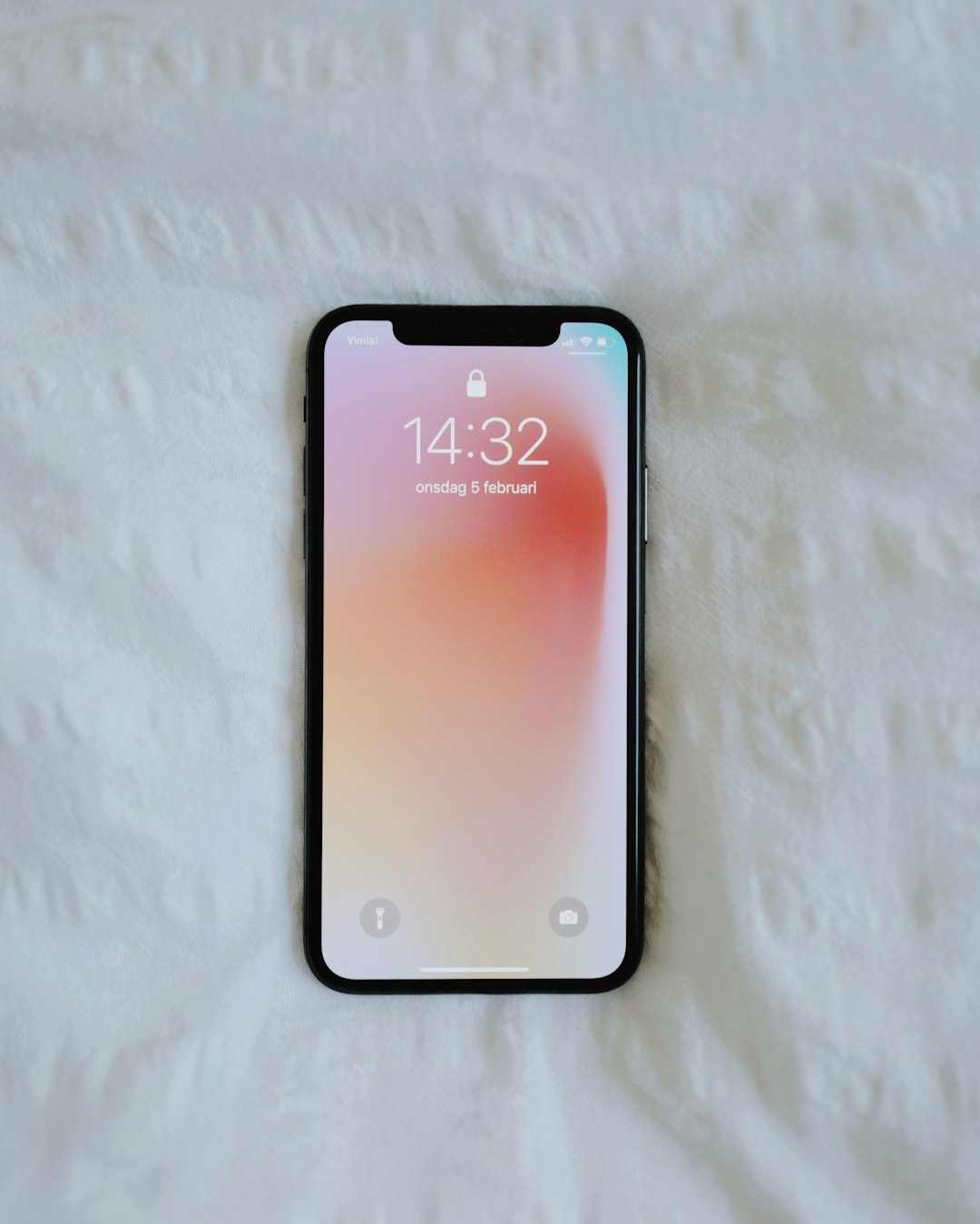Robocalls from spamming law firms in Missouri have become a prevalent source of stress, anxiety, and isolation, significantly impacting mental health. Maryland's robust Spam Call Law enforced by the PSC has reduced spam calls and deterred Missouri-based firms from targeting residents. In Missouri, telecommunications law firms are fighting unwanted robocalls, advocating for stricter regulations and prosecuting deceptive practices. Protecting mental well-being involves navigating digital communication challenges; strategies include do-not-call registries, call-blocking apps, and limiting call permissions. Spam call law firms Missouri play a crucial role in creating a quieter environment to alleviate the mental health toll of robocalls.
In Maryland, the pervasive issue of robocalls has sparked a growing concern for mental health. These automated, unsolicited calls, often disguised as marketing or survey attempts, can significantly impact well-being, leading to stress and anxiety. This article explores the intricate connection between robocalls and mental health, delving into Maryland’s efforts to combat spam calls through regulatory measures. We examine the role of law firms in holding perpetrators accountable while offering practical strategies for individuals to protect their mental peace from these intrusive phone bombardments.
Understanding Robocalls and Their Impact on Mental Health

Robocalls, or automated phone calls, have become a ubiquitous part of modern life. However, their prevalence often extends beyond legitimate uses and can significantly impact mental health, especially when they involve spam from law firms in Missouri, as governed by the state’s Spam Call laws. The constant barrage of unsolicited calls can cause stress, anxiety, and even lead to feelings of isolation and depression. Research has shown that individuals who receive a high volume of robocalls report higher levels of distress, particularly when these calls disrupt their daily routines or contain aggressive sales tactics.
The impact on mental health is multifaceted. Robocalls can be intrusive, disrupting personal time and contributing to a constant state of alertness. They may also perpetuate feelings of powerlessness, especially if individuals feel unable to stop the calls. Moreover, the volume and persistence of spam calls from law firms in Missouri can erode one’s sense of control over their own space and communication channels, negatively affecting overall well-being, especially for those already vulnerable or dealing with mental health issues.
Maryland's Approach to Curbing Spam Calls

Maryland has taken significant steps to combat the rising issue of spam calls, particularly those from law firms, aiming to protect its residents’ peace of mind and mental well-being. The state’s robust Spam Call Law, enforced by the Maryland Public Service Commission (PSC), imposes strict regulations on telemarketers. This includes requiring prior express consent for automated or prerecorded calls, limiting the number of calls a consumer can receive in a day, and providing a dedicated mechanism for consumers to register complaints and opt-out.
The PSC actively monitors compliance, conducting regular audits and imposing fines on non-compliant law firms and call centers. Maryland’s proactive approach not only reduces the overall volume of spam calls but also sends a clear message to out-of-state entities, including Missouri-based spam call law firms, that such activities will not be tolerated, thereby fostering a safer and less stressful environment for its citizens.
The Role of Law Firms in Combating Unwanted Robocalls

In the ongoing battle against unwanted robocalls, Missouri-based law firms play a pivotal role in safeguarding consumers’ mental health and well-being. These legal professionals are on the front lines, advocating for stricter regulations and enforcing existing laws to curb the deluge of spam calls. By specializing in telecommunications law, they offer expertise in identifying and prosecuting companies that engage in deceptive practices, such as automated phone marketing without prior consent.
Through strategic litigation and policy advocacy, Missouri’s spam call law firms contribute to shaping legislation aimed at protecting consumers from intrusive and harassing robocalls. They work closely with regulatory bodies and legislative representatives to ensure laws keep pace with evolving technologies, empowering them to target not only traditional telemarketing but also the latest forms of automated communication. This proactive approach helps alleviate the mental health toll associated with frequent and unwanted phone calls, fostering a more peaceful and less disruptive environment for Maryland residents.
Strategies for Protecting Mental Well-being from Intrusive Phone Calls

Protecting one’s mental well-being in today’s digital era involves navigating a labyrinth of communication methods, with robocalls being a particularly invasive species. While many states have implemented spam call laws, including Missouri, to curb unwanted phone marketing, these automated calls can still take a toll on individuals’ mental health. To safeguard against the negative impact of robocalls, several strategies can be employed.
First, consider registering your number with national do-not-call registries. These databases help filter out most telemarketing and political calls. Additionally, utilizing call-blocking apps or features on smartphones can significantly reduce the volume of intrusive phone calls received. Users can manually block specific numbers or allow predefined lists to automatically block known spammer numbers. Other effective measures include silencing your phone during times when you expect fewer robocalls, such as during work hours or personal downtime, and regularly checking privacy settings to limit call permissions.






